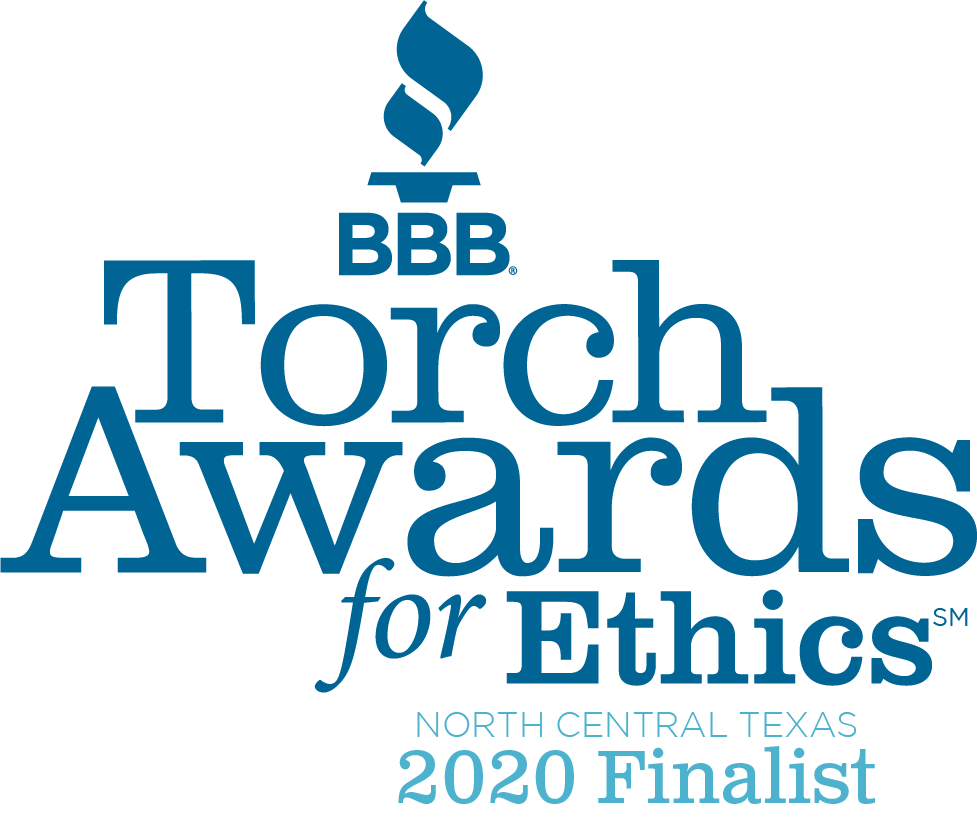The following is an example of how to read your Triton statement.
Contact Information– How to contact Triton to request new services, features or with questions regarding the statement.
Billing Address– Your company name and billing address.
Special Messages– Important information concerning your account.
Account Information– You account number, invoice number, main billing number, invoice date, and payment amount due.
Account Activity– Previous balance, payments and adjustments applied to your account.
Current Charges– Summary of all charge types and amounts on your invoice.
Remittance Slip– This is provided for your convenience to ensure timely posting of payments.
Monthly Charges– Detail of your monthly recurring charges grouped by service. This includes service line charges and any features on your account. There is a brief description of your service and features, the type of charge (monthly or prorated), the start and end date of the billing period, and amount.
One Time Charges– Any non-recurring charges such as installation or change of service charges.
Current Account Activity Detail– This section details the activity on your account including your last invoice amount, adjustments, and payments.
Current Charges– Amount of your monthly charges, usage charges, one time charges, finance charges, discounts and taxes.
Taxes & Surcharges– A breakdown of jurisdictional taxes and surcharges.
Total Amount Due– Total amount due on account.
New Call Usage Detail– The detail of your toll calls, long distance, toll-free, and pay-per-use charges such as directory assistance and last call return grouped by service line.
New Call Usage Summary– Your toll calls, summarized by type per service number.
Quick Reference Guide
Triton offers nearly unlimited format options including detailed reports that are itemized by:
- Account code usage
- Frequently called numbers
- Department summaries
- General ledger account summaries
- Location summaries
- Executive summaries
- Call duration summaries
- Time of day summaries
Automatic Payment Deduction
Triton offers Auto-Pay as a free service to our customers. Auto-Pay can be deducted from your checking, savings, debit or credit cards. Your statement balance will automatically be deducted on your statement due date. Auto-Pay is a convenient way to ensure that your account will not incur costly late payment charges.
Calculation and Timing of Charges
Monthly Charges– Triton bills monthly charges in advance. Your statement cycle date determines the period your monthly charges are billed.
Usage Charges– Triton bills for long-distance, toll-free usage, and other toll charges in arrears. Triton reserves the right to bill usage charges up to 90 days after the call is made. Your first statement may not reflect usage charges.
Prorated Charges– Proration is a way to break a service charge, usually a monthly recurring charge, into smaller parts. Additional services you purchase or add to your account, or changes you make to your account that affect your monthly billing within your statement period, are prorated. Proration will also occur when changing your billing cycle to ensure that your billing does not have any under or overlapping charges. Prorated charges appear on your monthly statement under “Monthly Recurring Charges”. Proration is only applicable to recurring charges and does not apply to usage.
Questions About Your Statement
If you have a question or concern regarding your Triton Networks statement, please call our customer service center toll-free at 877.892.2452 extension 2. If you believe that you have been billed in error or otherwise dispute a charge, please notify Triton Networks in writing within 30 days of the date of the statement containing the disputed charge.
Taxes and Surcharges
Telephone companies collect federal, state, and municipal taxes and send them to the respective government agencies.
Federal Access Charge (F)– A per voice line charge proposed and authorized by the Federal Communications Commission, for providing access to and maintenance of the local network.
Federal Excise Tax (%)– Imposed directly on the customer, by the Federal Government, for certain communication services that allow the customer the ability to communicate with virtually all subscribers of the telecommunications network.
Federal Universal Service Fund (%)– (FUSF) supports the telecommunications needs of consumers living in high cost areas, low-income households, schools, libraries, and rural healthcare providers.
Line Number Portability (F)– This charge covers the cost of upgrading the phone network so customers can keep their phone numbers if they switch phone companies.
State, County Local and Special Districts Tax (%)– State and local sales taxes apply to all charges for business accounts and intrastate/interstate toll service. The rates for local sales taxes vary by jurisdiction.
911 Emergency Surcharge (F)– E911 or 911 surcharges are collected on each line for state, counties and/or cities that use this money to fund their emergency services communications systems.
Presubscribed Interexchange Carrier Charge (F)– (PICC) is a surcharge that is assessed to recover part of the cost of providing long distance services.
Telecommunications Relay Service (F)– This surcharge funds a program to provide telecommunication services and equipment to enable hearing and speech impaired persons to use telephone services.
Telephone Assistance Plan (F)– This surcharge funds a program used to provide telecommunication services to low income, elderly, or disabled persons at a reduced monthly rate.
The Telecommunications and Relay Service and Telephone Assistance Plans are mandated by the state legislature and apply to all customers physically located in the state.
(F)– Flat Rate Tax
(%)– Percentage Tax






